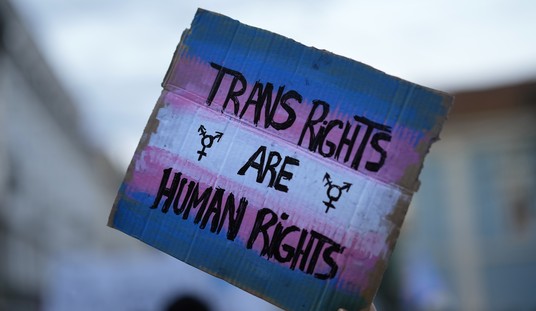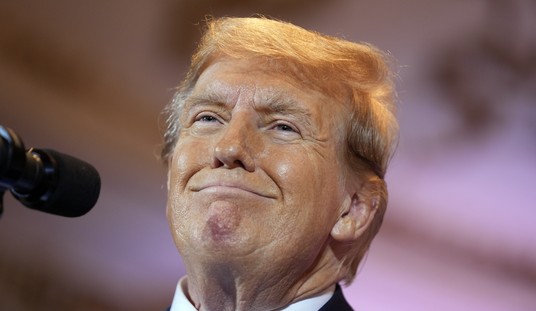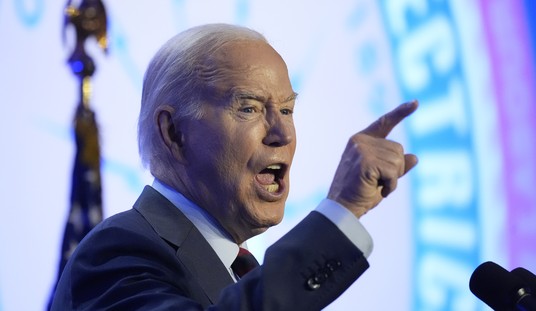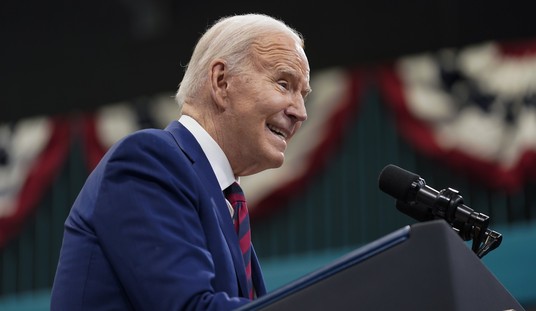
As House Republicans move to mollify deficit hawks and Democrats, could they be risking a revolt by more hardline economic conservative lawmakers?
That looks like an increasing possibility, with tax cut proponents at outside, third party groups grumbling about Republican gutlessness in moving to curtail planned tax cuts that Democrats have branded as benefiting the rich, and which deficit hawks fear will exacerbate the country’s debt situation.
Last week, Axios reported that House Ways and Means Committee Republicans were “exploring not cutting the income tax rate for people who earn $1 million or more per year,” and restricting cuts to Americans earning up to $418,000 per year. President Trump is said to be amenable to the move, believing that rich people are “fine,” per one administration official.
The ostensible rationale for the move was to keep any deficit increase stemming from tax reform at a minimum, and appease deficit hawks.
However, Reaganite tax policy fans like Grover Norquist of Americans for Tax Reform clearly believe a key factor pushing House Republicans toward a more modest tax reform package is the optics of “tax cuts for the rich,” and the potential ammunition they might theoretically provide to Democrats in what could be tough midterm election for House Republicans.
Norquist called the move one of “the top 20” “dumbest” ideas he had ever heard of, and noted that with or without the planned cuts, Democrats will attack tax reform as a giveaway to the rich.
In a Thursday statement, Norquist argued that “Adding a fourth bracket on higher income Americans will not slow down, reduce or end Democrat cries that tax reform is ‘for the rich.’ That is what they said about Reagan’s across the board tax cuts of 25%. It is their only argument. They are not going to give it up.”
He added that keeping a fourth bracket, for $418,000 a-year-plus earners, was “a compromise in search of someone to compromise with.”
The Club For Growth, a major powerhouse in Republican primaries, has for months been championing “major tax cuts,” including “deep tax cuts for businesses.” Presumably, such cuts include big reductions for business owners who file as a pass-through and earn more than $418,000 a year.
Counterbalancing this is the sense that if Republicans do not pass something that can somehow be described as a tax cut package, even if it cannot be dubbed tax “reform” and involves relatively minimal cuts relative to what economic conservatives want, the GOP will face massive voter wrath in the midterms. Partly, Republicans would show themselves as utterly ineffectual, after having failed to repeal and replace Obamacare. Partly, they would show themselves to be insufficiently committed to advancing conservative principles.
Per the Club for Growth, if Republicans fail on tax reform, “63 percent of GOP-leaning independents say they will vote for Democrats or stay home. Additionally, 68 percent of libertarian Republicans and 59 percent of Tea Partiers will either oppose Republicans who betrayed them on health-care and taxes or not vote at all.”
But will tax cuts count for voters if not accompanied by real reform, and if they look like minimal tinkering around the margins as opposed to real, big cuts? That’s the issue that House Republicans will have to debate.
Norquist seeming to take the position that minimalist cuts are not only bad policy, but also will make the party look ineffectual and weak, while failing to neutralize Democratic attacks on GOP tax policy. Will the House Ways and Means Committee ultimately side with him? Whether they do or not, the developing rift over just this one aspect of tax “reform” makes clear how tough it will actually be to get something passed.













Join the conversation as a VIP Member